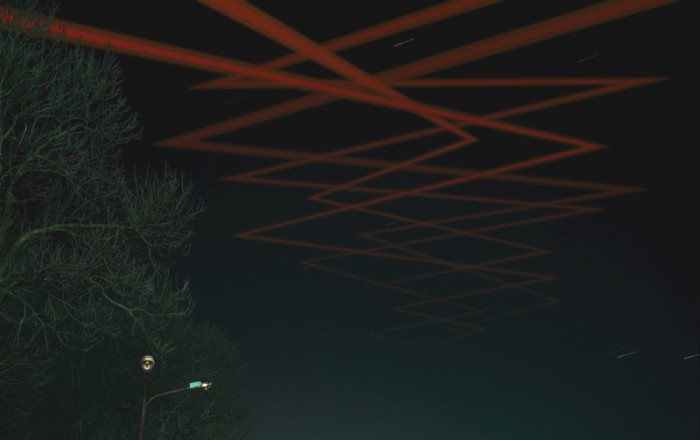Application deadline for the new MigAA laboratory The Sun Had Exploded Before We Found Out It Would is July 31st. For statements, please use our online application form. Invited artists will be granted travel costs and accommodation.
1-15 September, Nida, Lithuania
Contemporary science is declaring itself on the verge of radical change (which will alter the notion of being). (One can sense that) art is in insignificant position in terms of science. However artists, not being obliged to prove any fixed truth, often retain their right to vague answers this way refreshing the notion of life as such.
During creative workshop in September 2014 emerging artists will be encouraged to creatively explore scientific news and to exercise their imagination by answering or speculating the questions of being, space and depth. As an example here is an announcement in the daily media on instincts of a techno-human:
“Suffice it to say, if JWST can identify signs of life in the atmosphere of a remote planet — methane or some other biological marker perhaps — then everything would change. We would no longer be alone in the universe. We could no longer putter around indefinitely, causing untold damage to Earth’s ecology. If it turns out that much of the universe is already occupied with other life forms, we’d have to actually get a move on and colonize some darn planets” (http://scienceofsingularity.com/tag/transiting-exoplanet-survey-satellite/).
Would we go against human nature and destiny (i.e. genetics) having found out that we are not alone in the Universe? Having realised that we cannot damage the system ecology, would we understand what affect our thought has on our environment (i.e. the matter)? Having discovered other life planets would we understand that the race (for survival) is not necessarily the aim of life. Or perhaps all these questions come from snake-oil sellers?
During the two week long laboratory in Nida there will be talks, activities lead by the participants and organisers, as well as time allocated to generating work. The laboratory will be led by Artūras Raila (LT) with support by Mindaugas Gapševičius (LT/DE), Alan Smith (UK) and Ian Damerell (UK/LT). During the final day the work will be presented and discussed.
This Migrating Art Academies laboratory in Nida is organised as a collaboration between Vilnius Academy of Arts and Lithuanian Interdisciplinary Artists’ Association. The laboratory is partly supported by Nordic Culture Point, Culture Programme 2007-2013 and the Lithuanian Council for Culture.
Image: Arturas Raila. Primitive Sky. 2002

